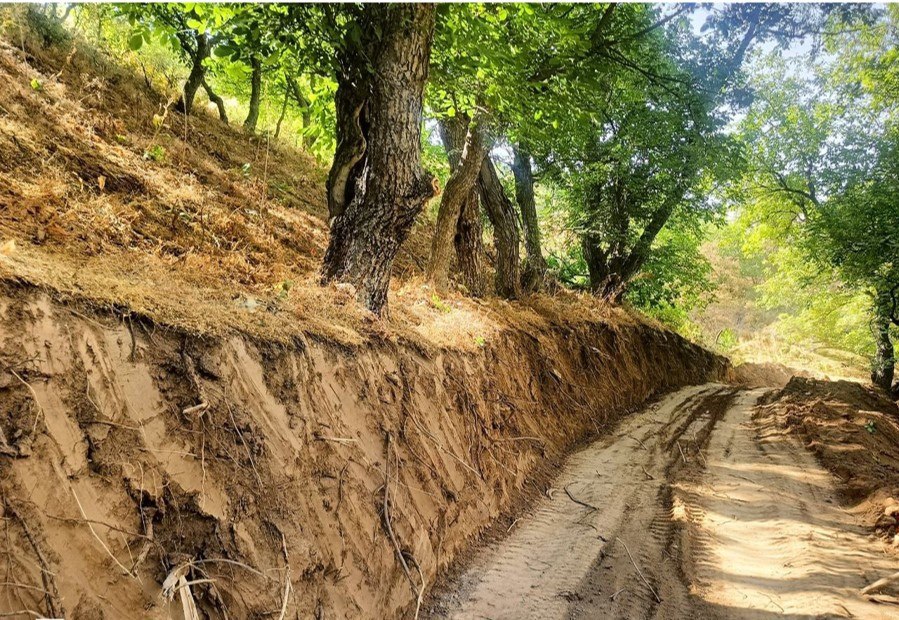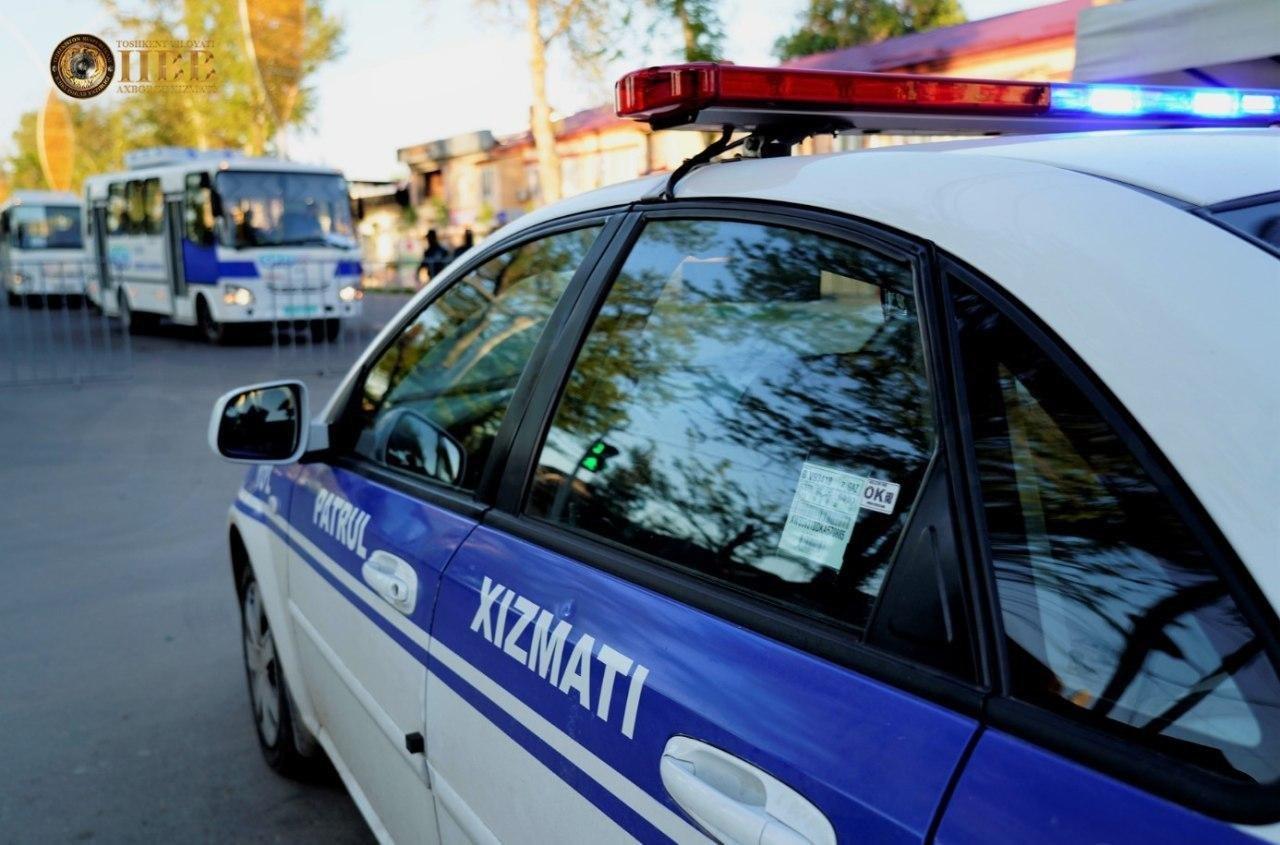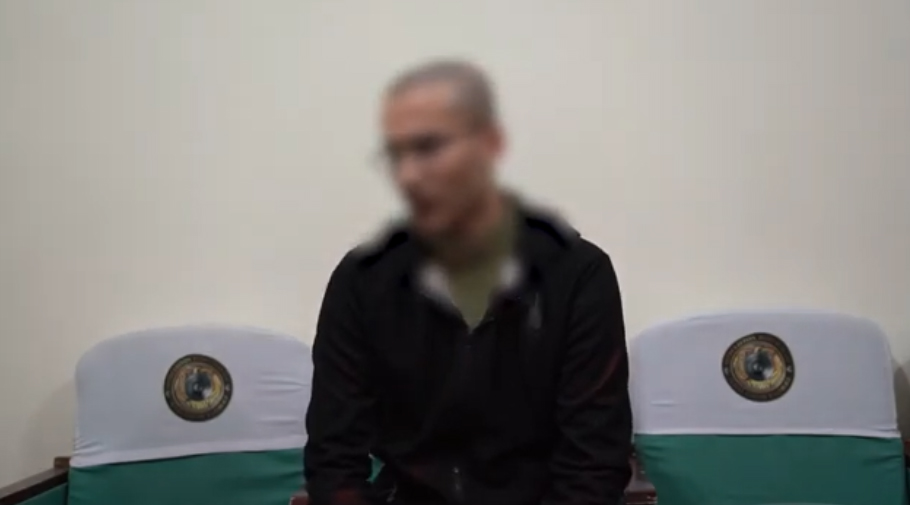This article is also available in:
Русский (Russian)
Uzbek
The Samarkand Regional Prosecutor’s Office has initiated a criminal case against unknown individuals who illegally built a road through the territory of the “Amonkutan” National Nature Park. As a result of these illegal actions, hundreds of trees and plants, including rare and endangered species listed in the Red Book of Uzbekistan, were destroyed.
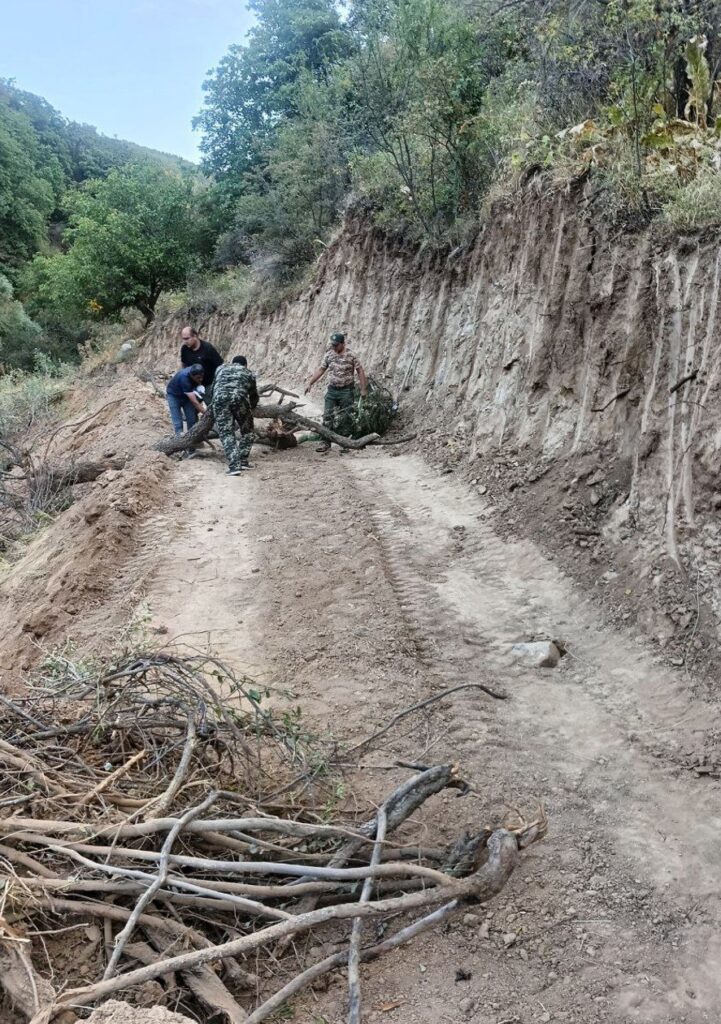
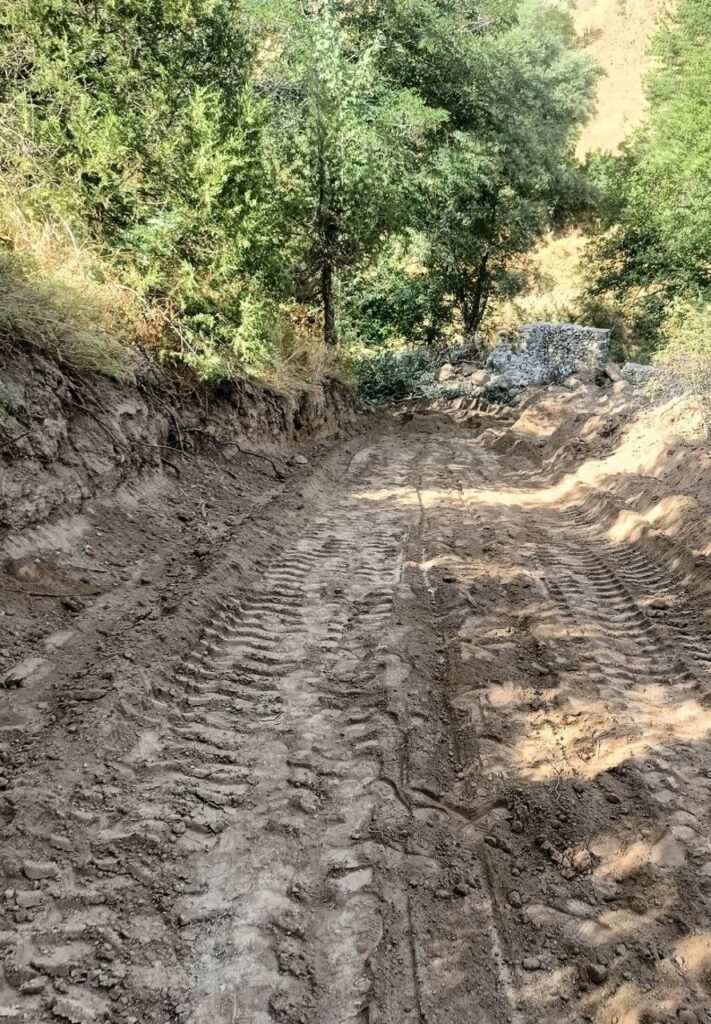
This incident has sparked outrage among the public, as the destruction of rare plants and trees not only causes significant harm to nature but also threatens the biodiversity of the region.
The perpetrators, without obtaining the necessary permits, built a road, causing tremendous damage to the environment. It was revealed that during the earthworks, a territory of over 869 square meters was disturbed, and another 1,427 square meters of land were covered with soil, leading to the destruction of unique plants.
According to the investigation, 1,112 plants of seven species listed in the Red Book, and 1,479 specimens of five rare and endangered plant species were destroyed. Additionally, the damage and cutting of 64 trees and shrubs were recorded. The total damage to nature amounted to more than 1 billion 115 million soums.
The Samarkand Regional Prosecutor’s Office has initiated a criminal case under part 2 of Article 204 (Violation of the regime of protected natural territories) of the Criminal Code, and investigative actions are currently underway. The case is under the supervision of the General Prosecutor’s Office, and law enforcement agencies are working to identify those responsible for this crime.
According to the law, the perpetrators face a fine of fifty to one hundred base calculating units (from 18.7 million to 37.5 million soums), restriction of freedom from two to five years, or imprisonment for up to five years. They will also be required to pay the full amount of the damage caused and plant new trees and plants.
The text has been translated by AI. For more accurate information, please refer to the Russian version of the article

